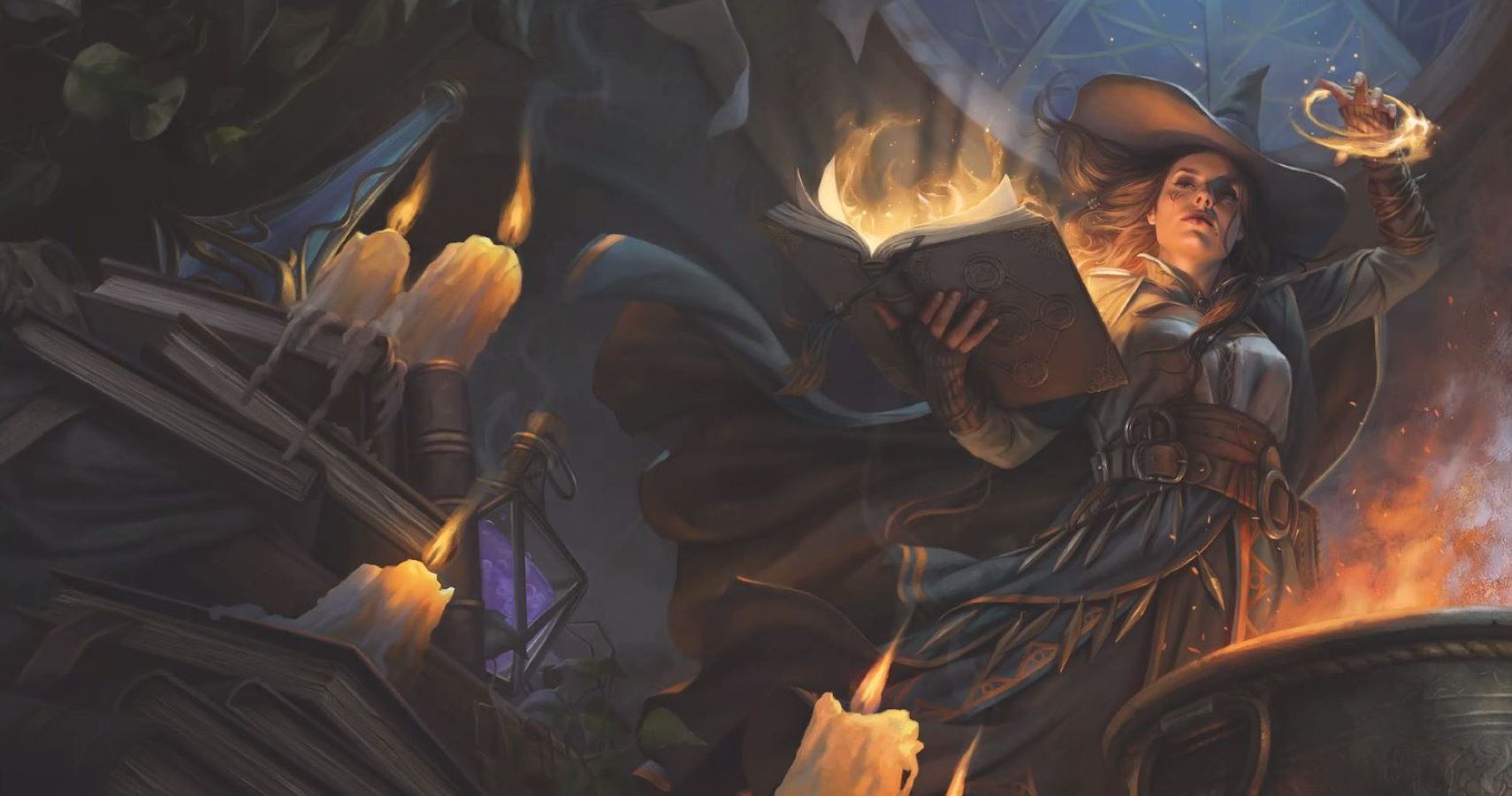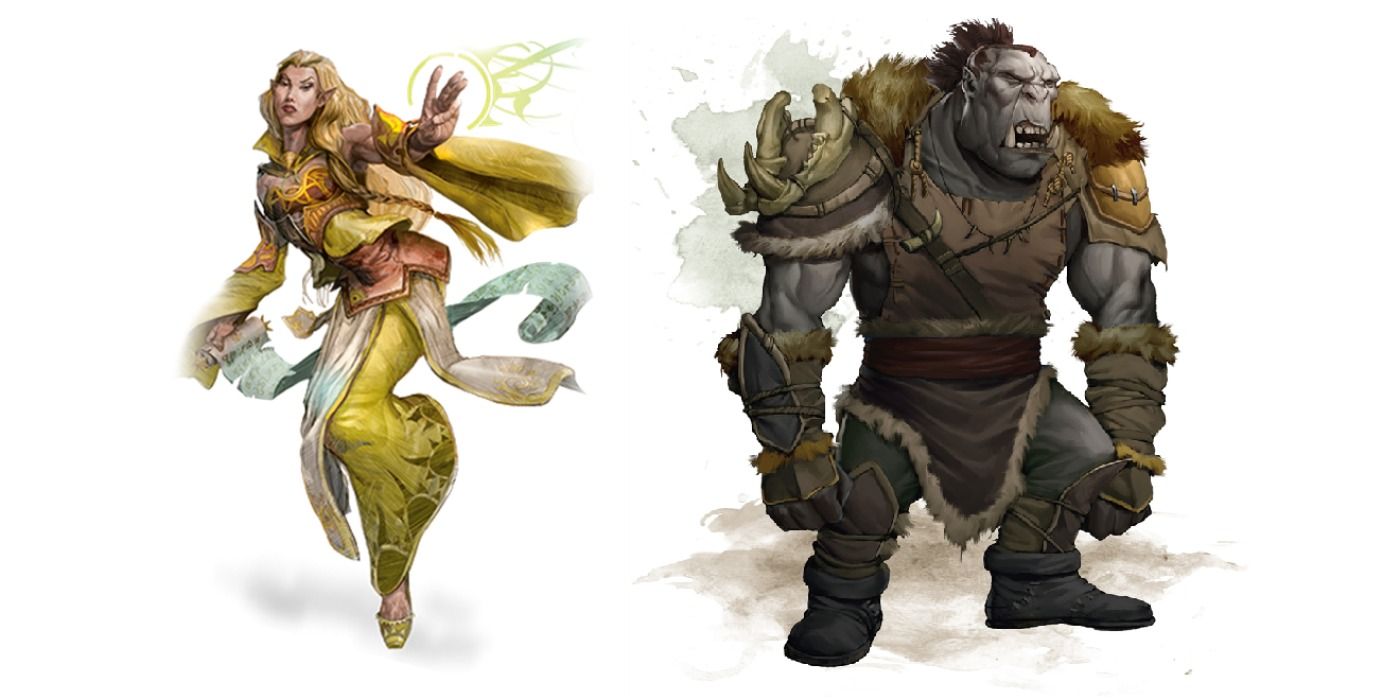The topic of race in D&D has been a contentious issue for some time now. There are two main criticisms of racism in the popular roleplaying game: the similarities of some of D&D’s race descriptions to harmful real-world stereotypes and the reliance on biological determinism as a game mechanic. Many fans were hoping for Wizards of the Coast to fix these issues in the recent Tasha’s Cauldron of Everything, and many were disappointed by the book’s “do-it-yourself” approach to the problems of race in D&D. Recently, in an interview with Dicebreaker, lead designer Jeremy Crawford said that it would take “several years” to implement all the changes to race in D&D.
To Crawford’s credit, he correctly identifies the two main issues with race in D&D. While he doesn’t mention the concept of biological determinism by name, he realizes that innate racial proclivities are limiting. He also mentions the uncomfortable similarity of some descriptions of D&D races to “some of the racist narratives in the real world.” He also acknowledges that trying to compromise between paying homage to the (often racist) past of D&D and giving players more freedom to play the types of characters they want without having to play along racial archetypes has not gone well.
So, it seems that the designers know what the problems with race are and know that half-measures aren’t popular. In that case, why the delay?
Mostly, it has to do with the time it takes to write D&D books. While there have always been fans that criticized D&D for its race mechanics and fantasy racism, the issue gained more mainstream attention over the summer. On Twitter, D&D fans began to discuss how some of the descriptions for orcs sounded like they were written by a pith-helmeted Englishman, which sparked a widespread discussion on race in D&D that forced Wizards of the Coast to respond. However, by this time Tasha’s Cauldron of Everything was already likely far into development, since it was officially announced in August. It’s unclear if the race section was already intended to go into Tasha’s, or if it was a response to calls for change. If it was a response, it is a last-minute addition.
However, this is not an excuse. It is true that features take time to implement due to the long production cycle for D&D books. However, fixing racism in D&D is not a feature; the presence of racism in D&D is a bug. Racial changes shouldn’t be confined to homebrew for DMs who want to have them, they should be released in a PDF (like WotC did with the Elemental Evil Player’s Companion) and implemented in new products going forward.
Now, overhauling a central mechanic of the game is no small task, but others have already done so. Multiple users on the WotC-associated Dungeon Master’s Guild have made alternate rules to race, including the popular “Ancestry and Culture” system. D&D shouldn’t have to reinvent the wheel when they can pay other creators to use systems that are already made and are balanced for the game.
Overall, the problem with the “several years” timeline is a matter of urgency. Jeremy Crawford seems to understand the issues with D&D’s race system and recognizes that it needs to be fixed. The only issue is that Wizards of the Coast seems to view new racial mechanics as a feature that needs to be added, and not a mistake that needs to be rectified.


